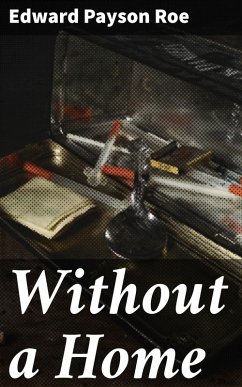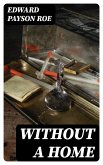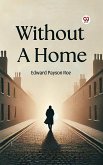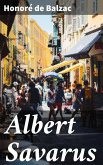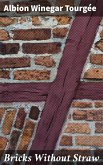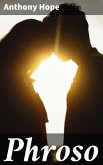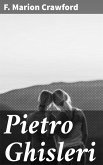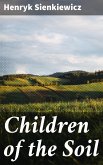In "Without a Home," Edward Payson Roe poignantly explores the themes of social dislocation, poverty, and the quest for belonging in post-Civil War America. The narrative centers around a young individual navigating the treacherous waters of societal marginalization, reflecting Roe's signature blend of realism and sentimentality. The novel employs a rich, descriptive style while conveying profound moral lessons emblematic of the late 19th-century American literary context, capturing the struggles of the underprivileged as they confront both external adversity and internal conflict. Edward Payson Roe was an acclaimed author, minister, and societal commentator whose own experiences and observations of the socio-economic landscape of his time deeply informed his writing. Born in a modest family and witnessing the cultural shifts of post-war America, Roe's narrative often accentuates the importance of compassion and responsibility towards society'Äôs vulnerable. His personal advocacy for the welfare of the less fortunate serves as the moral backbone for "Without a Home," illustrating his commitment to illuminating the plight of the impoverished. This compelling novel is highly recommended for readers interested in social reform, American history, and insights into human resilience. Roe's poignant storytelling not only entertains but also urges empathy and action, making it an essential read for anyone seeking to understand the complexities of human experience in a rapidly changing world.
Dieser Download kann aus rechtlichen Gründen nur mit Rechnungsadresse in A, B, BG, CY, CZ, D, DK, EW, E, FIN, F, GR, H, IRL, I, LT, L, LR, M, NL, PL, P, R, S, SLO, SK ausgeliefert werden.

